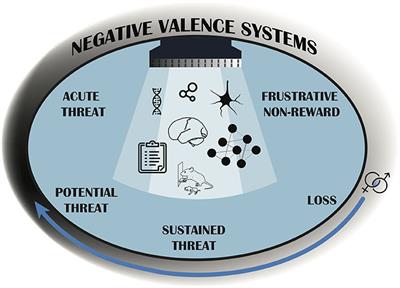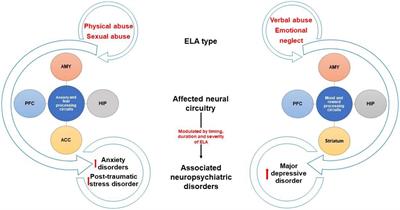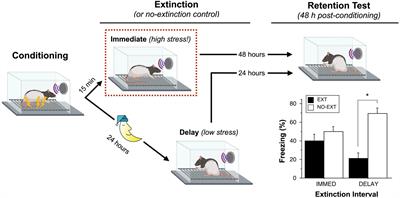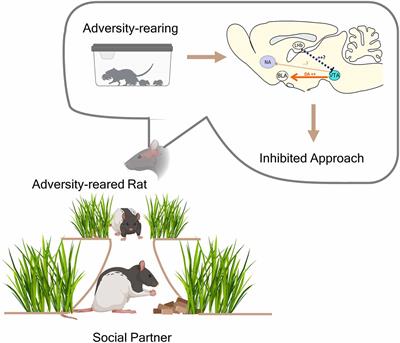EDITORIAL
Published on 21 Sep 2022
Editorial: Negative valence systems

doi 10.3389/fnsys.2022.1014745
- 3,606 views
- 6 citations
5,955
Total downloads
34k
Total views and downloads
You will be redirected to our submission process.
EDITORIAL
Published on 21 Sep 2022

REVIEW
Published on 23 Jun 2022

PERSPECTIVE
Published on 26 May 2022

BRIEF RESEARCH REPORT
Published on 17 May 2022

REVIEW
Published on 19 Apr 2022

MINI REVIEW
Published on 20 Jan 2022

